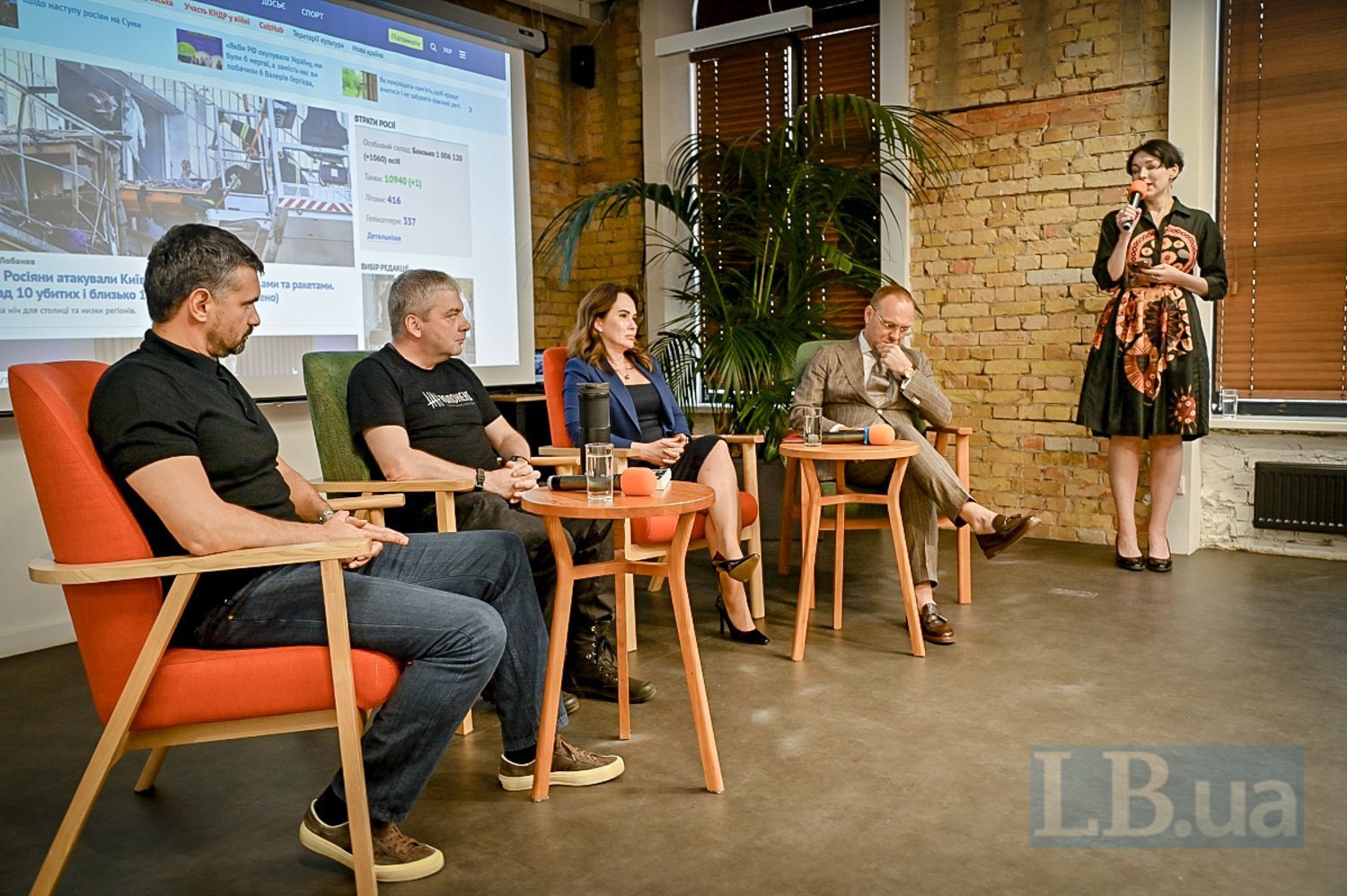
Basic principles of the tribunal
As noted by Iryna Mudra, Deputy Head of the Office of the President, in May, the Committee of Ministers of the Council of Europe approved a package of documents that effectively define the work of the Special Tribunal on the Crime of Aggression:
- Agreement between Ukraine and the Council of Europe on the establishment of the Tribunal – provides for the direct organisation of its creation;
- The Statute – defines the main provisions of its activities;
- An extended partial agreement (the same instrument was used to establish the International Register of Damages) – allows other countries to join this agreement. It is expected that these will include at least the members of the coordination group (EU countries, except Hungary, the G7, Costa Rica, and Guatemala). It also regulates the organisation of their assistance in establishing the tribunal.
What the tribunal’s statute provides for:
The possibility of convicting Russia’s military and political leadership in absentia. According to Iryna Mudra, it is planned that at least 20–25 people will be brought to justice.
No immunity for ‘the top three’ – presidents, heads of government and foreign ministers – as initially insisted upon by some international partners. Ultimately, they are not exempt from responsibility for the crime of aggression, despite their particularly protected international status. However, the Special Tribunal will only be able to hear cases against them after they leave office.
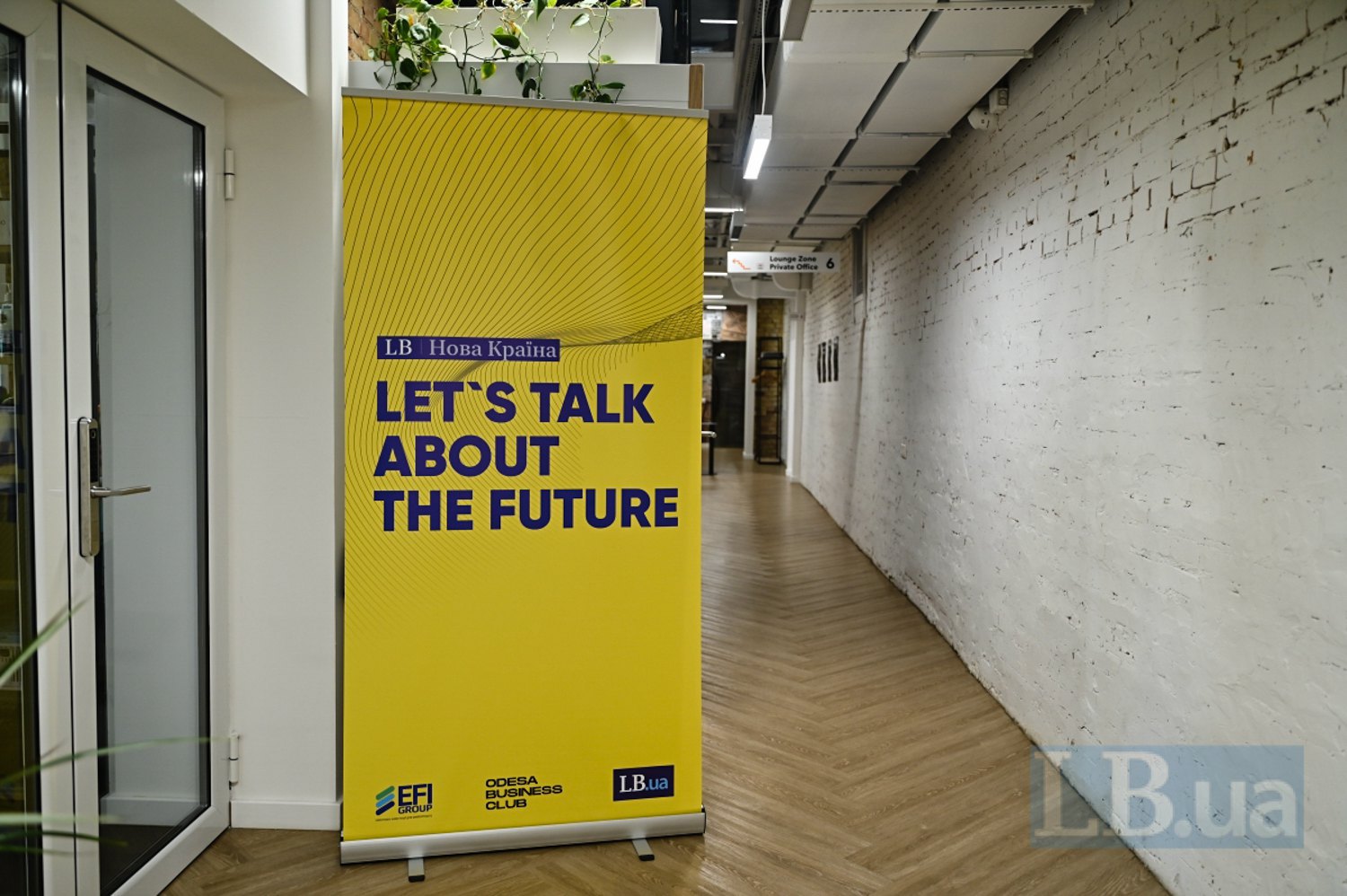
International jurisdiction. “It will be a fully international organisation, governed primarily by the provisions of its charter. If the provisions of the statute do not regulate a particular issue, it will be governed by the norms of international law. And only if there are no relevant norms of international law will Ukrainian legislation be applied. In this way, we are making this Tribunal international,” said the representative of the Office of the President.
Investigation of crimes of aggression dating back to 2014, not only since 2022.
Cooperation with the International Criminal Court. Proceedings may run in parallel. If the accused is transferred to the ICC, the trial in the Tribunal is suspended.
Definition of the crime of aggression. The basis is Article 8 bis of the Rome Statute of the ICC, supplemented by the criteria for aggressive war from UN General Assembly Resolution 3314 (December 1974).
The Prosecutor General will transfer to the Prosecutor of the Special Tribunal criminal proceedings, information or evidence relating to crimes falling within the jurisdiction of the Special Tribunal. The relevant materials may concern Russia, Belarus and North Korea.
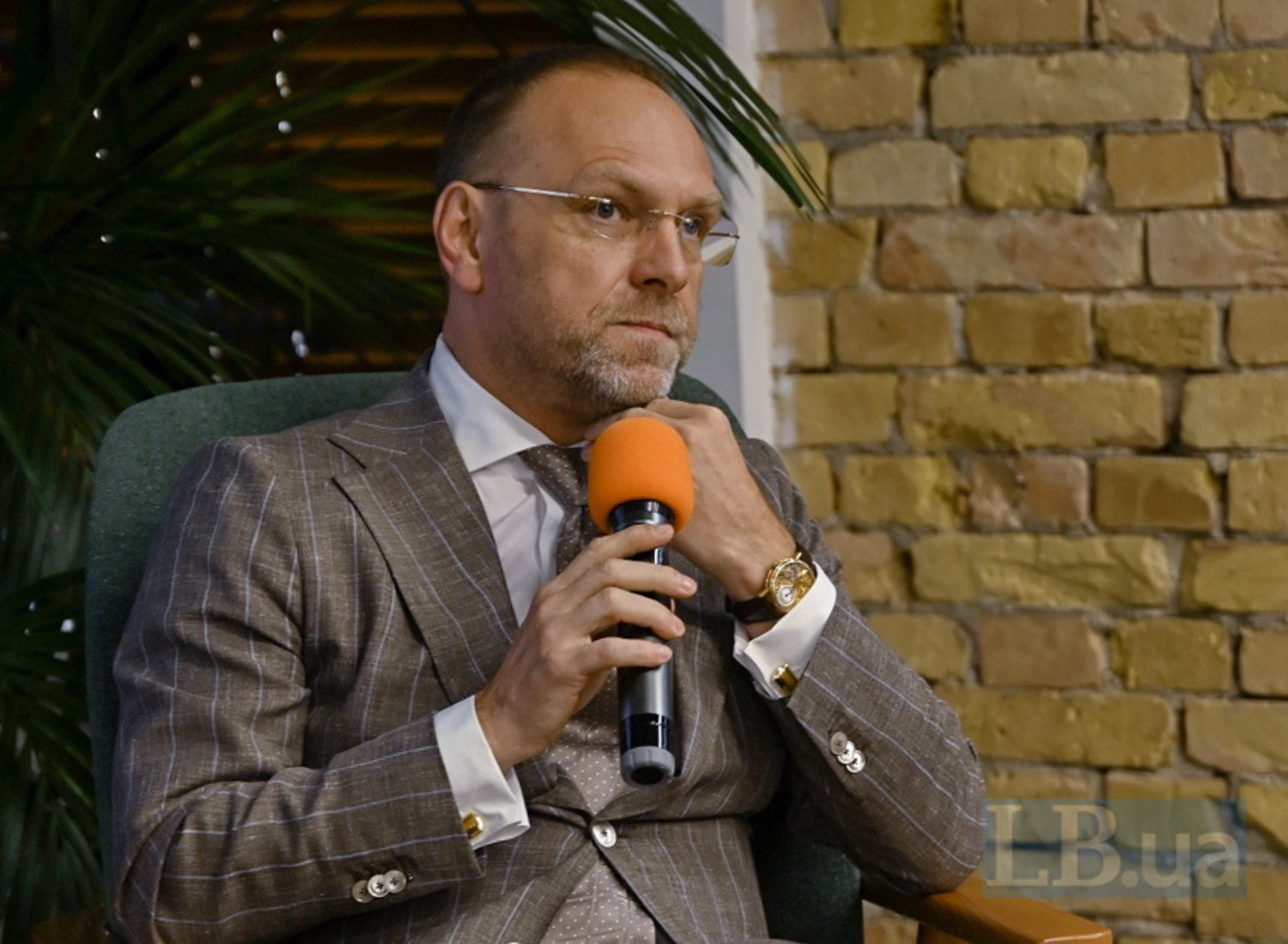
The issue, explains Serhiy Vlasenko, a member of the Presidential Working Group on the Creation of a Special International Tribunal for Crimes of Aggression against Ukraine, is that the crime of aggression does not fall under the jurisdiction of the ICC, which investigates war crimes and crimes against humanity. It is, in essence, a “mother crime” – the origin of all others – and the Special Tribunal closes this legal loophole. It will deal with only one issue: the crime of aggression.
“I analysed all the tribunals that have taken place in the world, and only one of them did not work. The tribunal established by the 1919 Treaty of Versailles against German Kaiser Wilhelm II did not function because the main person fled to the Netherlands, which granted him political asylum.
The rest – Nuremberg, the Far East (also known as Tokyo), the former Yugoslavia, Rwanda, Sierra Leone, Cambodia – all tribunals were successful. Some had more convicted persons, some had fewer. The closest to our version is Nuremberg.
But the main difference between our tribunal and all the others that have existed is that we are creating it during the war. The other tribunals were created after the war ended, when it was clear who had won and who had lost. That is why our tribunal is unique and not a copy of any other,” notes Iryna Mudra.
When and where will the Special Tribunal begin its work?
The Special Tribunal will not be fully operational until 2026 at the earliest, according to the Office of the President. In addition to the approval of legal documents, there remains the issue of funding: financial resources are required to launch and organise the tribunal.
The Netherlands has agreed to host the Special Tribunal in The Hague.
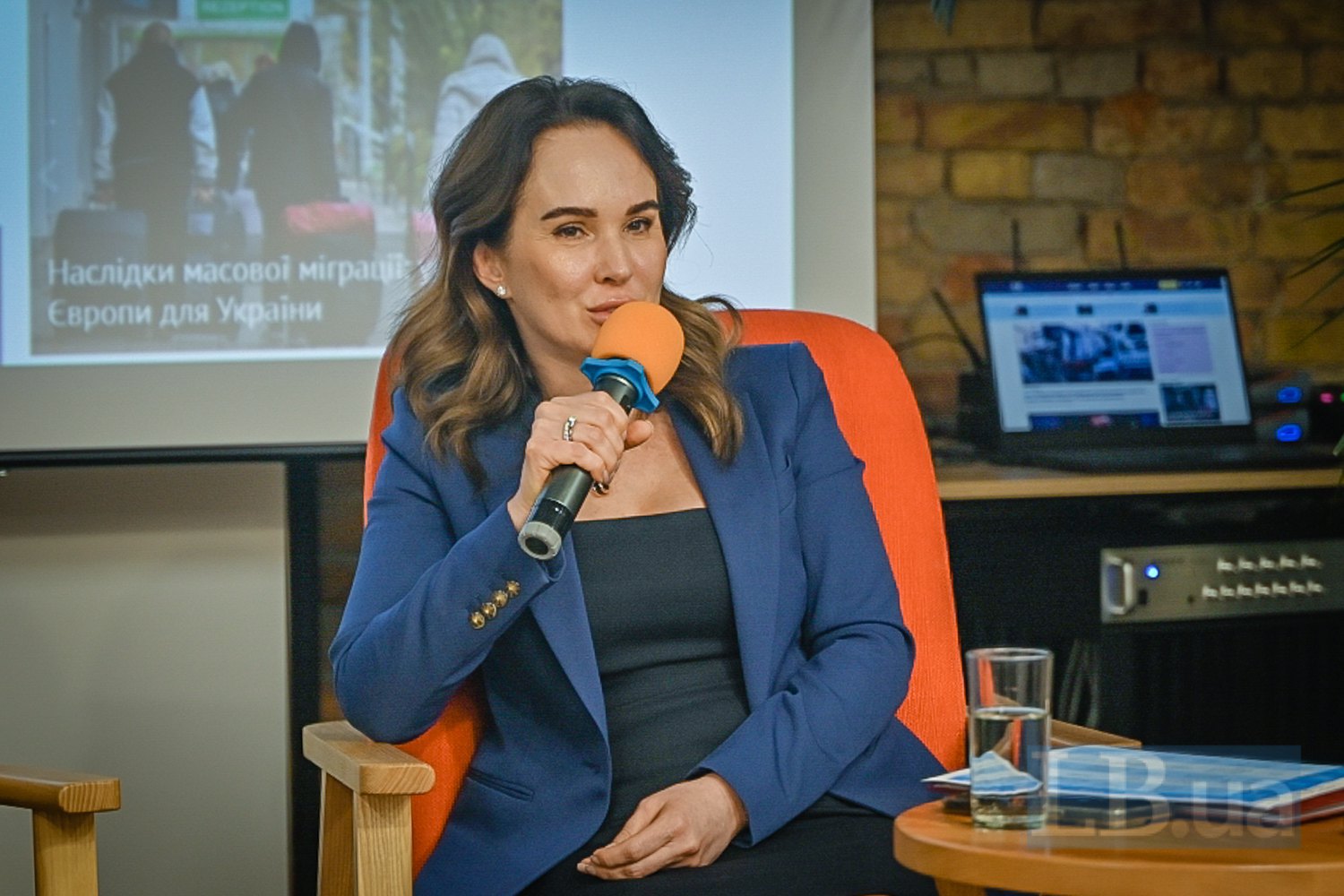
“A host state agreement between the Council of Europe and the Netherlands must be concluded regarding the location of the tribunal in The Hague. The process of allocating premises and furnishing them will then continue. Our goal is to have all the technical and organisational aspects of the tribunal’s establishment agreed upon by the end of this year,” said Iryna Mudra.
Difficulties in the process of establishing the tribunal
“Never,” says Serhiy Vlasenko. “When we first arrived in Brussels in the summer of 2022 as part of a delegation that began discussing the idea of a tribunal against those who committed crimes of aggression, the then European Commissioner for Justice said that this would never happen.”
The same was said within the Council of Europe, he adds – that it was not their format and they would not address it.
“And in this relatively short period of time, because I believe that two and a half years in this situation is a short period, we have gone from ‘never’ to the historic moment when the documents on its creation will be signed in two weeks,” the MP emphasised.
However, Vlasenko noted that many obstacles had to be overcome along the way.
“I could talk at length about the narratives and schemes for creating the tribunal that were proposed to us by international partners. One of the first was the creation of a chamber of foreigners in the Supreme Court, which was to judge in the name of Ukraine. And I want to thank everyone – Anton Korynevych, Andriy Smirnov, who was then Deputy Head of the Office, and Iryna Romanivna [Mudra], who was the driving force behind the tough stance in the negotiations with arguments.
Let us say that the argument against the chamber in the Supreme Court was very simple: we, as a country, do not need a verdict in the name of Ukraine. We need a verdict in the name of the international community… so that in future it would not be perceived as though the victim were judging the aggressor. And this argument was accepted. It was a case of systematic work, when every day we sat on the heads of foreign partners, showed them documents, the Ukrainian Constitution, and pointed out the relevant articles. … This chamber in the Supreme Court was ‘put on our heads’ for a year. A year. At every negotiation. But we fought against it on all platforms,” the MP noted.
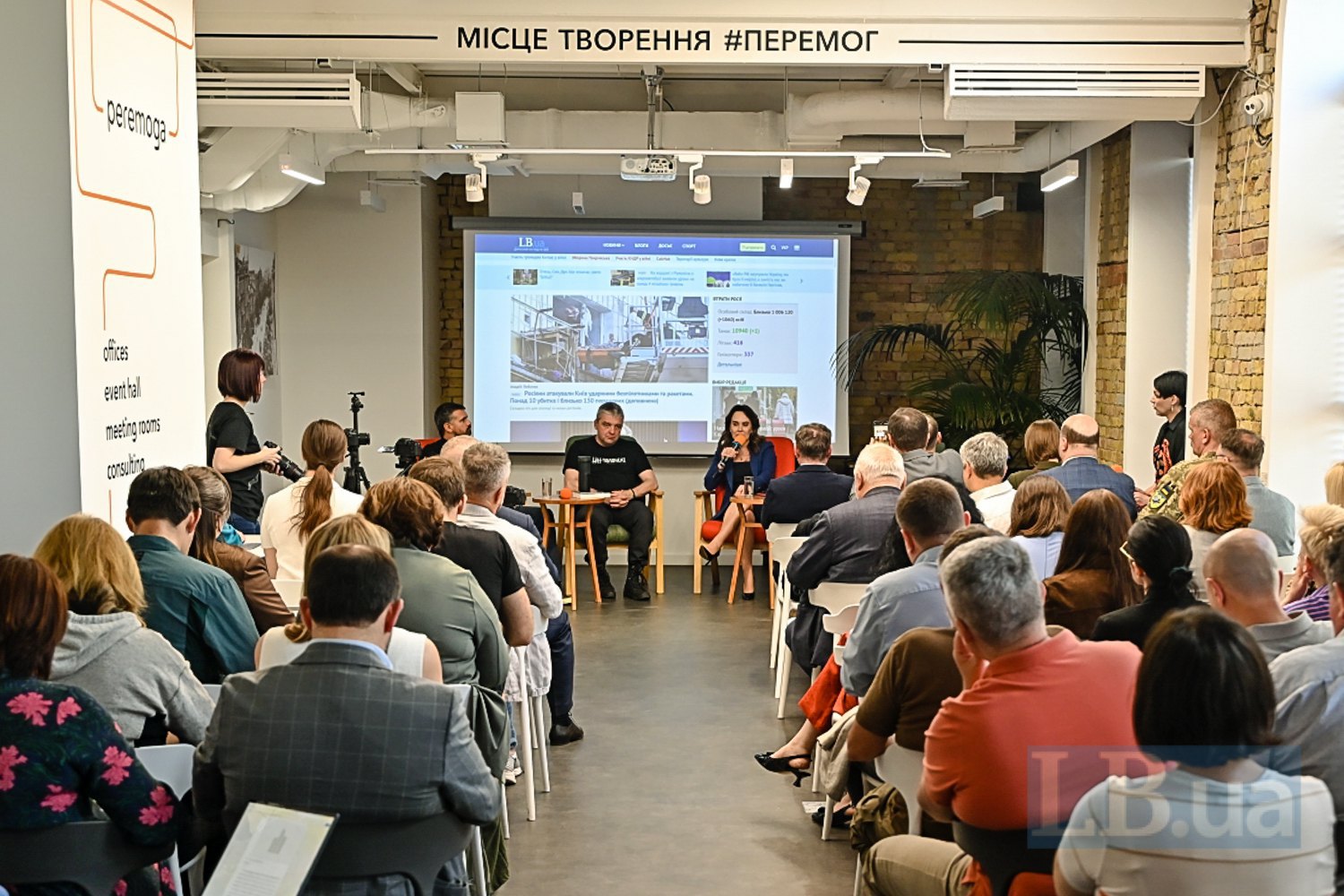
Iryna Mudra stated that she joined the tribunal initiative in mid-2024, when the situation had effectively reached a stalemate: Ukraine, supported by the Baltic countries, defended the inadmissibility of any immunities, while the rest of the partners stood as a “united front” in favour of immunity for ‘the trio’, the impossibility of conviction in absentia, defining the crime of aggression under Ukrainian criminal law, and the application of Ukrainian law – all of which would have prevented the tribunal from being international.
“Our trip to Vienna in September was a turning point. I said that I had brought the President’s position: either take it or leave it. And if you don’t take it, explain to everyone what you did in this war to prove that you are the chief lawyers of the most important partner countries, if you were unable to enforce international law. And the rhetoric changed completely. We started looking for compromises,” Iryna Mudra emphasised.
She also noted that some partners attempted to persuade Ukraine to establish a tribunal only after the war, claiming there was insufficient demand from Ukrainian society.
Others sought to impose the tribunal and the compensation mechanism as bargaining chips in negotiations to gain a stronger diplomatic position.
“Our answer is unequivocal: justice is not negotiable, justice is not a subject of negotiation, there can be no questions about negotiations in justice,” said the representative of the Office of the President.
“This kind of systematic work was done on every issue – when, armed with arguments, you have a position, you convince your counterpart, and he convinces his boss, and the boss convinces another boss. And then it all starts to work, and we get the result we have,” concluded Vlasenko, who is a member of the Presidential Working Group on the creation of the Special International Tribunal for Crimes of Aggression against Ukraine.
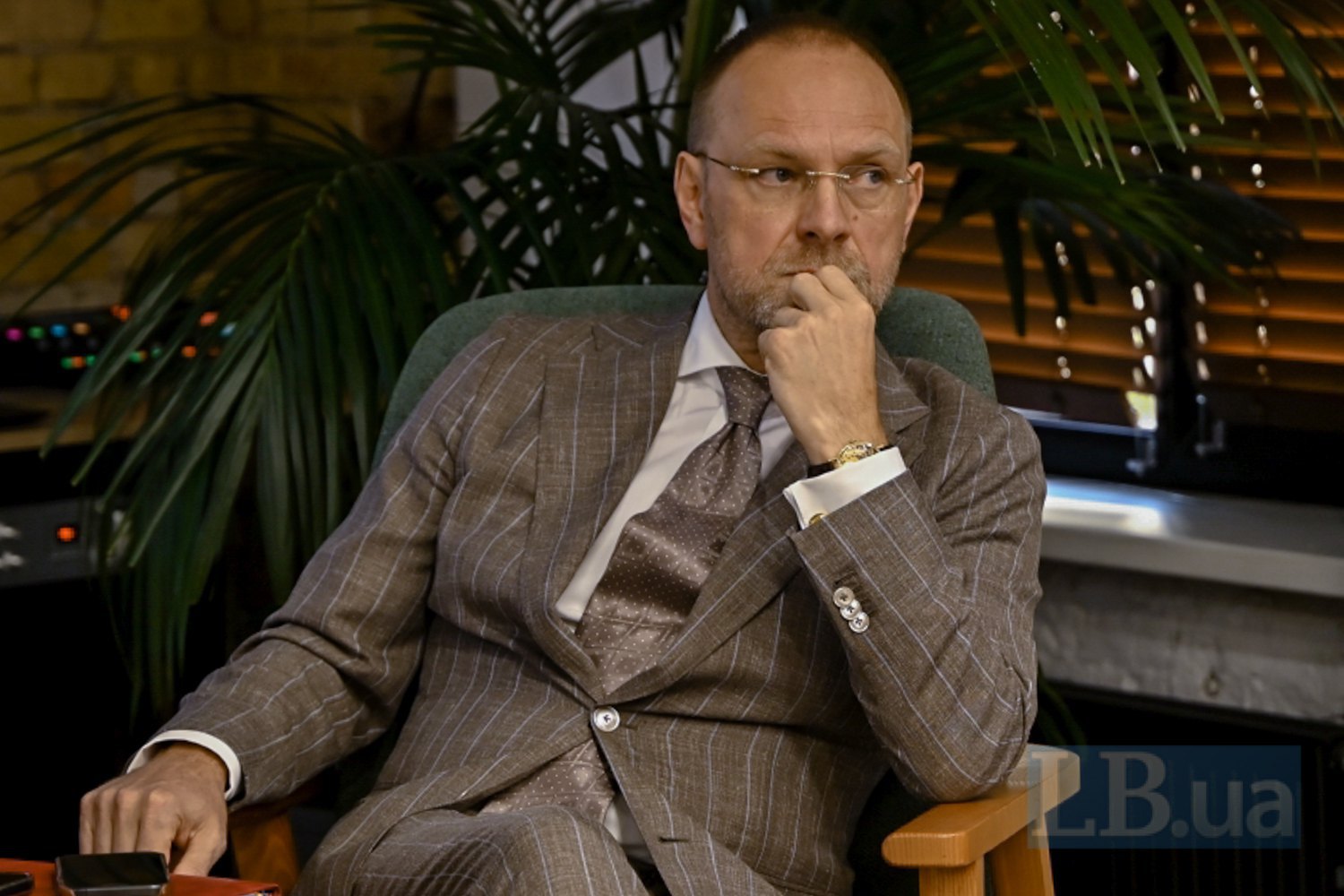
Resistance from Russia and the role of international partners
Of course, Russia, through its agents of influence and friendly political forces in Europe, has tried – and will continue to try – to counter any steps Ukraine takes to establish and operate the tribunal, said MP Serhiy Vlasenko. In his view, the only effective response is daily hard work and continuous explanation that Ukraine is fighting not only for itself but for the whole of Europe, and that Russia’s aim is to destroy the values that unite Ukraine with its European partners.
It is precisely due to Russian activity, adds Iryna Mudra, that details concerning the work on the tribunal were kept to a minimum so as not to attract undue attention from Russian propaganda, as was the case with the compensation mechanism.
“Our compensation mechanism was more open. At the UN, where we held various events, the Russians came, listened, asked questions, understood our next steps, and accordingly created obstacles,” noted the Deputy Head of the President’s Office. “In the tribunal, the issues were more sensitive – both with immunities and with convictions in absentia. Therefore, everything remained confidential until the political will was formally expressed.”
According to Mudra, around 90 Russians with dual citizenship are still working within the Council of Europe. Work is also ongoing to neutralise their possible influence on the process of establishing the tribunal.
What is the position of the United States?
Representatives of the United States worked in the coordination group on the tribunal until March 2025. They did not attend the most recent meeting.

“We were worried – it was a clear signal that there would be no tribunal. That all countries, at least from the G7, would follow suit, and that this case would end in nothing,” says Iryna Mudra. “But we received indirect signals from the American side that they had been forced to withdraw from the coalition due to a change in policy under the new administration. However, they would not take any action that might undermine the work or future of the tribunal. We were immensely grateful for this, because their silence was very important.”
Against this backdrop, Mudra notes, the position of the Europeans – who pushed quite forcefully for the continuation of the tribunal’s work – was unexpected.
“We were in a state of uncertainty because negotiations about a peaceful settlement had begun. On the one hand, there was a need to end the war through diplomatic means, and on the other, there was the establishment of a tribunal, which could potentially jeopardise these negotiations.
But the Europeans really supported us by advocating very strongly for the creation of the tribunal. In fact, they rushed us. We were not entirely ready to finalise it on 9 May [the day when the main legal documents on the tribunal were approved] due to our internal procedures, but thanks to their persistence, we managed to do it,” said the Deputy Head of the Presidential Office.
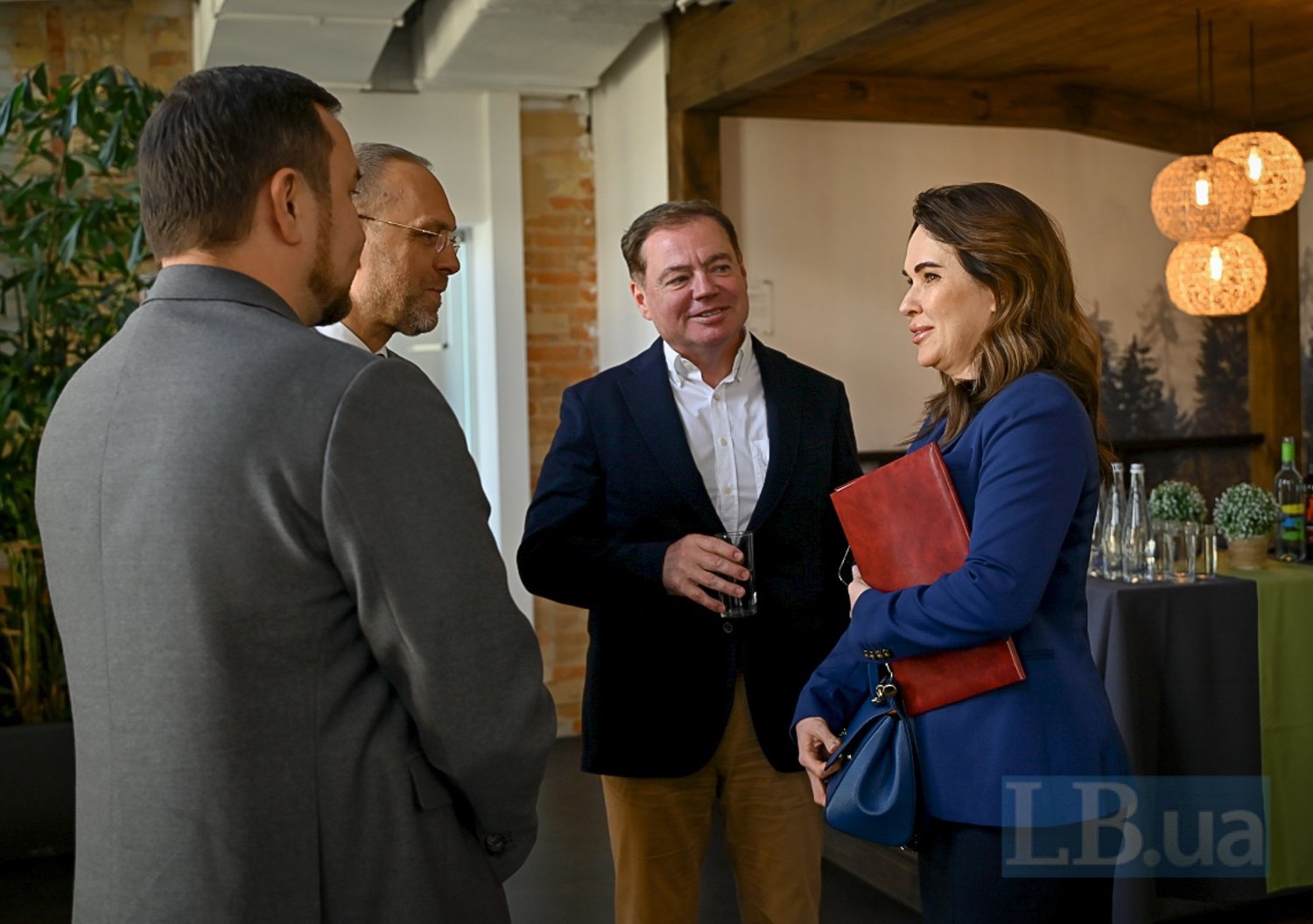
Former Ukrainian Ambassador to the United States Valeriy Chalyy recalled that the United States had previously played an important role in condemning Russia’s aggression and adopting relevant declarations. It is a complex country, and its position is being undermined – in particular by the president – but it should not be categorically excluded from participation. However, it is difficult to expect that the United States will now provide the tribunal with the same support as the Council of Europe and European legal institutions, he added.
“But you can get some really skilled prosecutors from there. They know how to handle this,” Chalyy said.
In response, MP Serhiy Vlasenko noted that the US position on the tribunal is, in fact, a question of US participation in the new geopolitical order on the European continent after the end of the Russian–Ukrainian war.
“Of course, everyone is aware that the US is a superpower, and we cannot say that we will do everything without them – it does not work that way. But my contacts with representatives of the political elite of European countries indicate that they are genuinely concerned about the current position of the United States. When they cut off our arms supplies in a second, and Europeans also buy arms from America. When they cut off our access to intelligence data.
…We will not get anywhere, in a broad geopolitical context, without revising the collective security system on the European continent,” Vlasenko believes. And Europeans, in his opinion, have already begun to realise that they may be left without an “umbrella”.
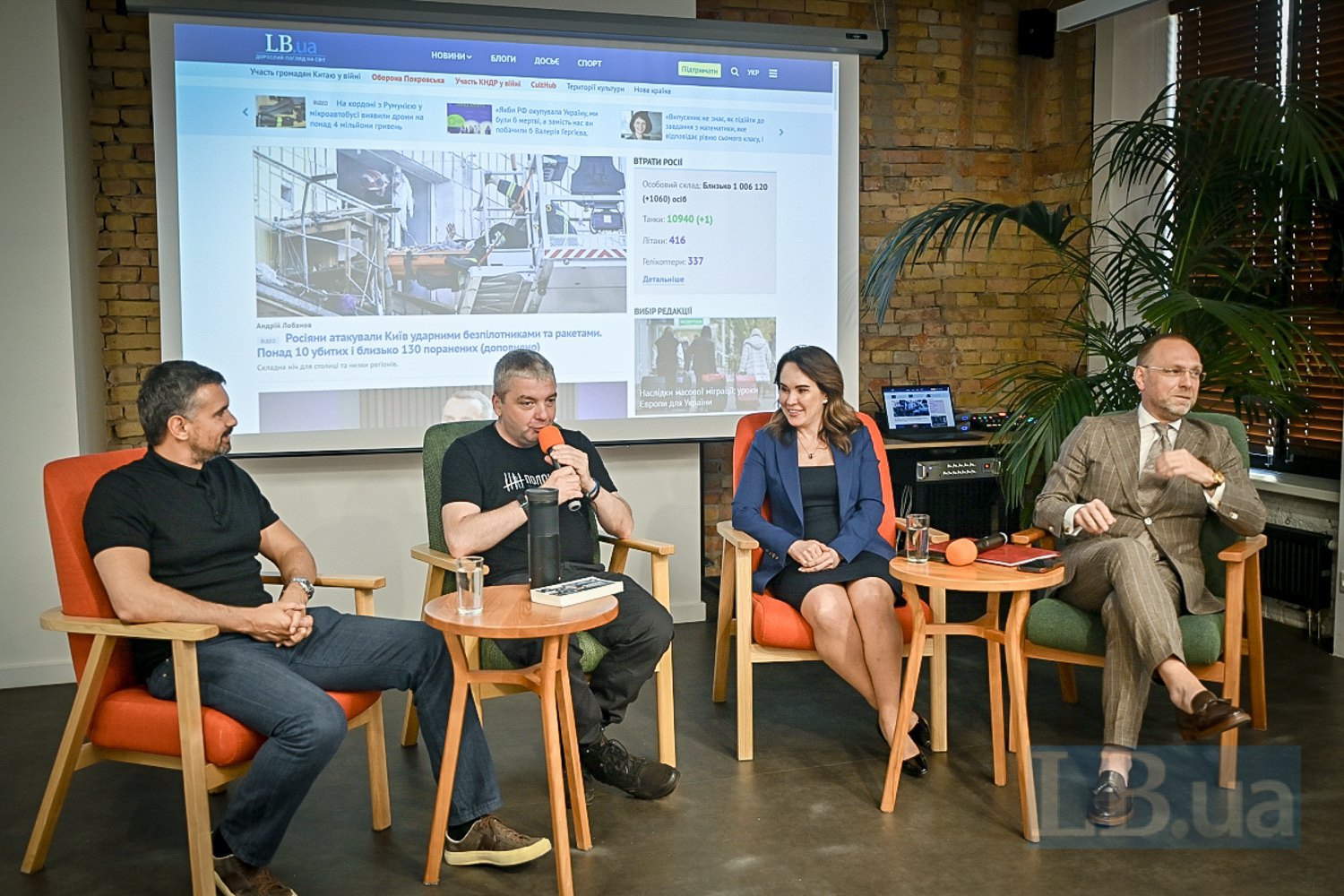
“I am not saying that we should abandon the United States, but we need to find a balance that will allow Europe to independently ensure its own collective security – understanding that sometimes the United States has a different view of the situation, justice, compensation, arms supplies and intelligence sharing,” Vlasenko concluded.
Ukraine demonstrates agency in creation of tribunal
At a time when the world is, according to businessman Ihor Liski, “literally falling into an abyss” – Russian aggression, instability in the Middle East, the United States acting in its own interests, and soon China and India likely to join these processes – Ukraine has shown a strong position in defending international law and asserting its own vision of justice.
“Ukraine has always been like a kindergarten, where we were constantly lectured: you don’t have this, you don’t know how to do that, you steal here, you have corruption there, you are not mature enough. But through pain, through this history, we can have the moral right to determine the future of the civilised world,” the businessman noted.
Thanks to Ukraine, Liski believes, Europe has demonstrated itself to be “a territory of common sense, a territory of adults, people who still remember the First and Second World Wars, those millions of victims.”
“The territory of Europe is a place of gravity with international rules of the game. And this gives great hope. If small countries do not begin to join these healthy processes, they have no chance of surviving – they will disappear,” Liski said.
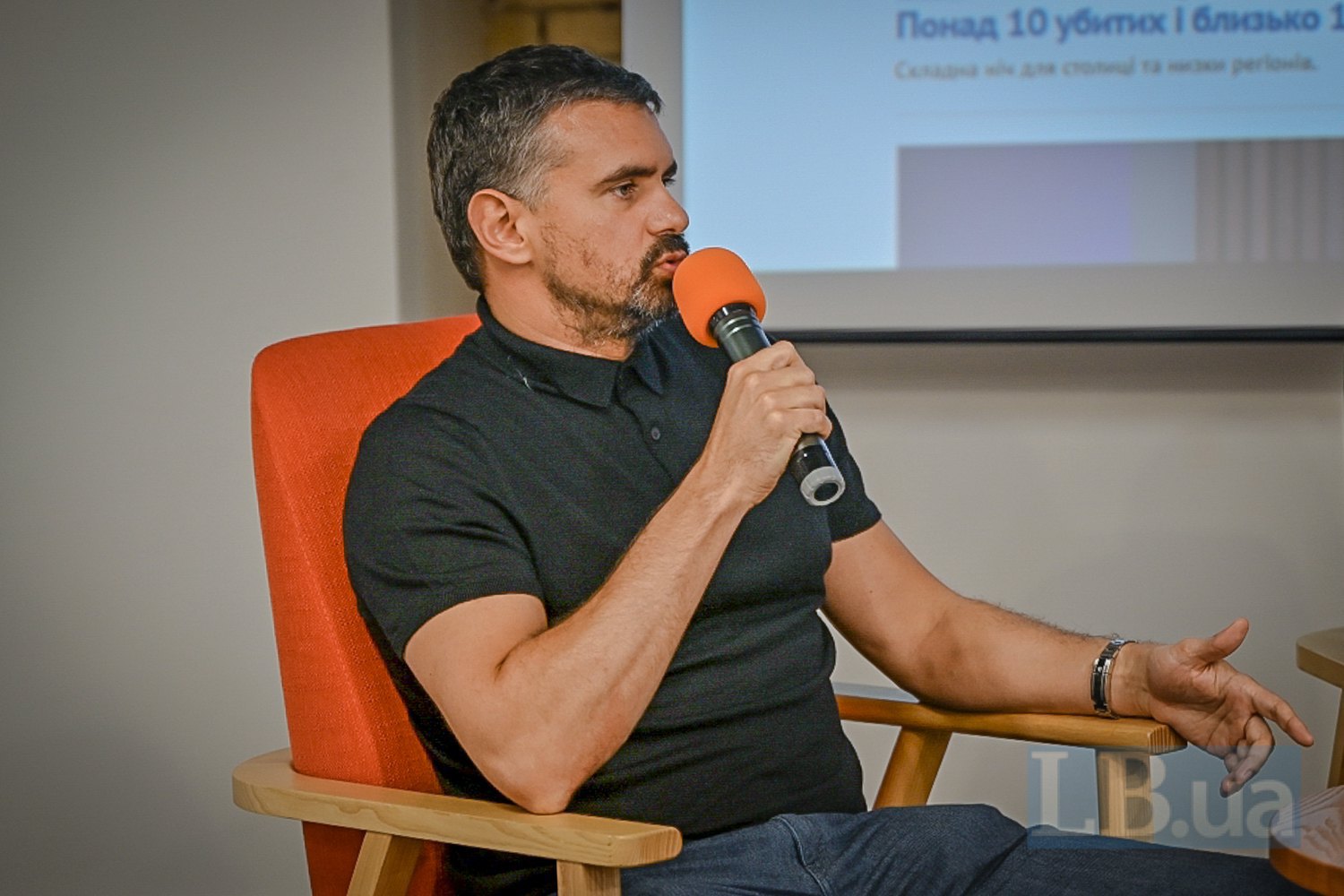
The idea of Ukraine’s agency was also supported by MP Serhiy Vlasenko. He believes that the creation of the tribunal is one of the few cases where Ukraine acted as a subject in international politics – and accomplished strategic objectives in a relatively short time. Therefore, he argues, the example of such systematic and persistent work should be applied to other areas as well.
Ukrainians willing to wait for Russia’s top officials to face justice
In December, the public network Opora conducted a survey on Ukrainians’ willingness to wait for the prosecution of the president, head of government and foreign minister of Russia – officials who currently enjoy immunity. The survey was carried out among citizens living both in Ukraine and abroad. According to Olha Ayvazovska, Chair of Opora’s Board, between 48% and 52% of respondents said they were prepared to wait until the end of the war.
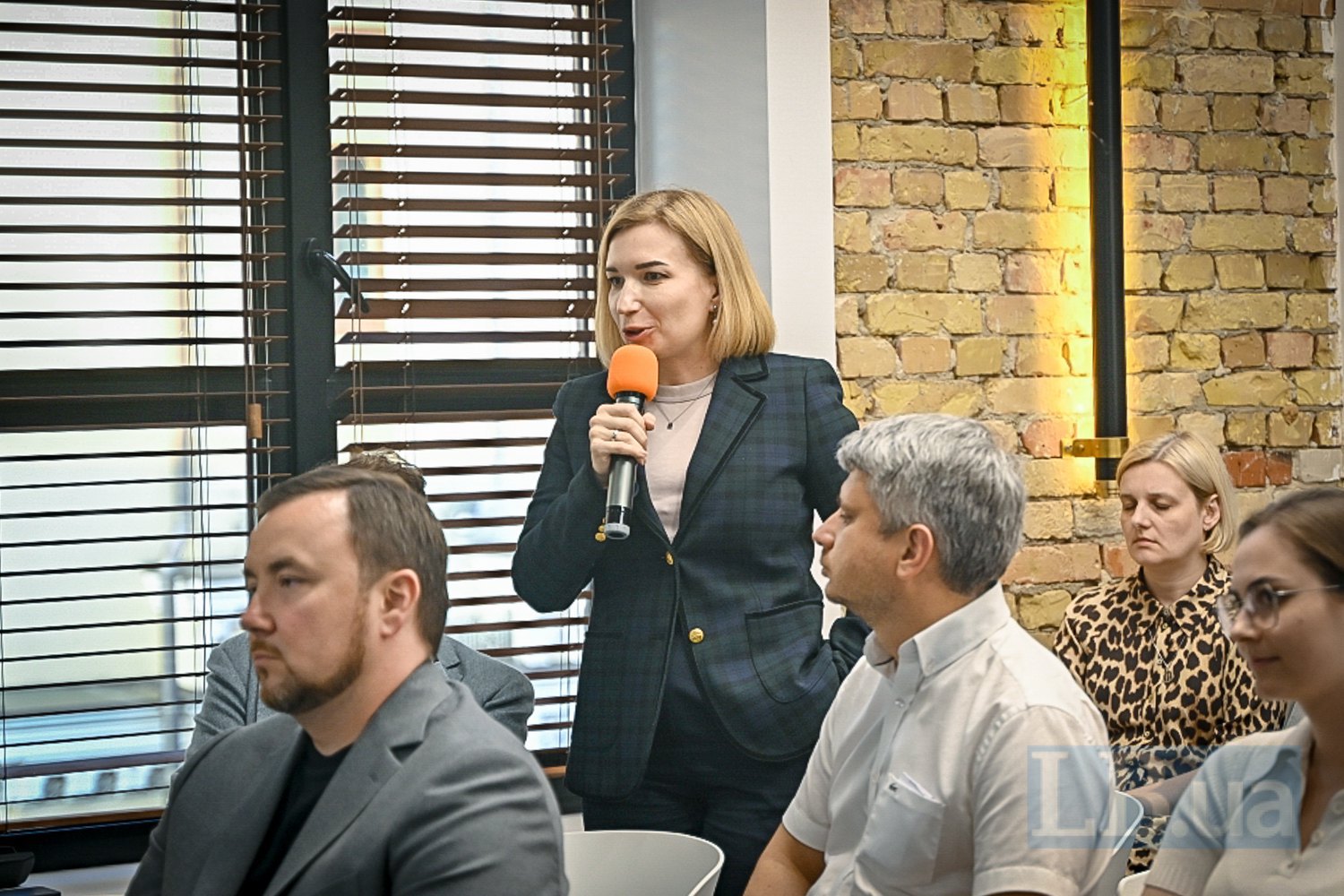
Another 38% stated they were ready to wait as long as necessary to ensure that those responsible were brought to justice.
“The vast majority of citizens understand that there are certain preconditions that prevent this process from being very quick – but for most, the main thing is that it happens,” Ayvazovska noted.
She also stressed the need for educational efforts to ensure the public does not hold unrealistic expectations.
Deputy Head of the Presidential Administration Iryna Mudra emphasised that the survey results offer strong arguments for persuading international partners to begin work on a special tribunal now, rather than postponing the process until after the war.
The tribunal’s work will not satisfy everyone, believes human rights activist Maksym Butkevych – co–founder of the Zmina Human Rights Centre, a military serviceman and former Russian captive. It would, in his view, be naive and unfair to expect universal satisfaction. But the only alternative, he says, is impunity – at a time when society has a tremendous demand for justice.
And yes, Ukrainians are ready to wait, provided the perpetrators are ultimately punished, Butkevych affirms. He recalls an episode from his captivity. During his transfer from the Luhansk pre–trial detention centre to a colony, he was approached by a prisoner of war who had previously shared a cell with him and had been sentenced to 15 years in prison. The prisoner asked whether, once released, he could appeal to the International Criminal Court or otherwise bring those who had mistreated him to justice.
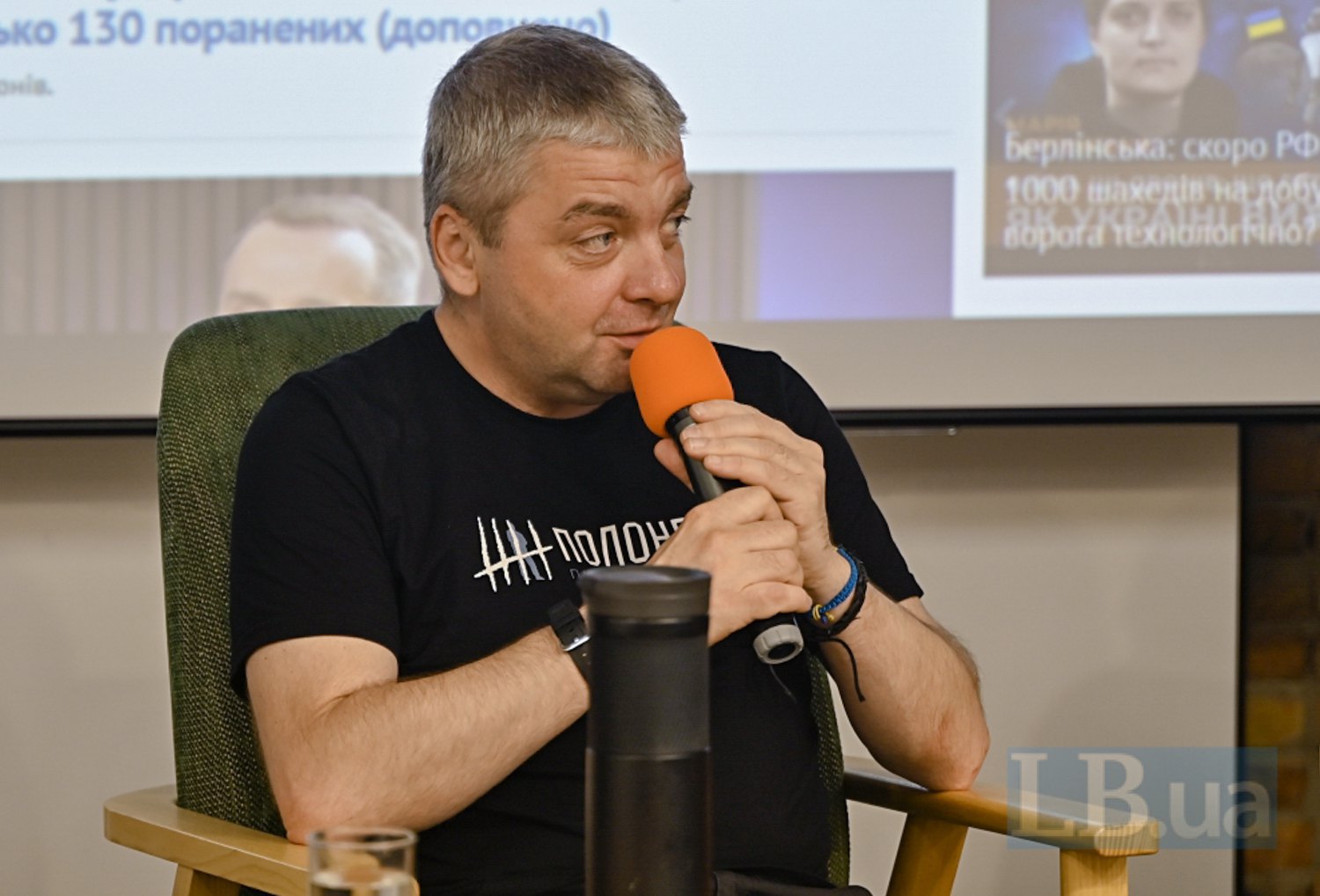
“A convicted prisoner of war, sentenced to what appears to be 15 years of strict regime for a crime he did not commit – and the first thing that worried him was whether there would be any form of accountability. Will these people be forced, sooner or later, to answer questions about why they did what they did, what motivated them? Will a decision be made regarding them?” emphasised Maksym Butkevych. “We cannot allow there to be no accountability whatsoever. Even if it is a conviction in absentia – in the absence of the accused – it must be recognised institutionally and legitimately that these people are criminals, and they must be punished as soon as they climb out of the cage in which they are currently confined,” the human rights activist concluded.
Why the Tribunal Matters for Ukraine and the Future of International Justice
The key mission of the Nuremberg Tribunal was that the very act of bringing to justice those responsible for initiating war and committing crimes secured lasting peace on the European continent for 70 years, recalled MP Serhiy Vlasenko. If today’s aggressor is not punished, powerful states may begin to reconsider their borders – and smaller states, as Ihor Liski warned, will have no chance of survival.
“If the enemy is not punished – for the crime of aggression through a tribunal, for other crimes through the International Criminal Court, for economic damage through reparations or the confiscation of frozen assets – this will lead to tectonic shifts in both geopolitical and legal issues related to international law,” the MP stated.
Serhiy Vlasenko’s colleague, MP Serhiy Sobolev, pointed out that neither Soviet, post–Soviet, nor Putin’s Russia has ever been held accountable for its crimes.
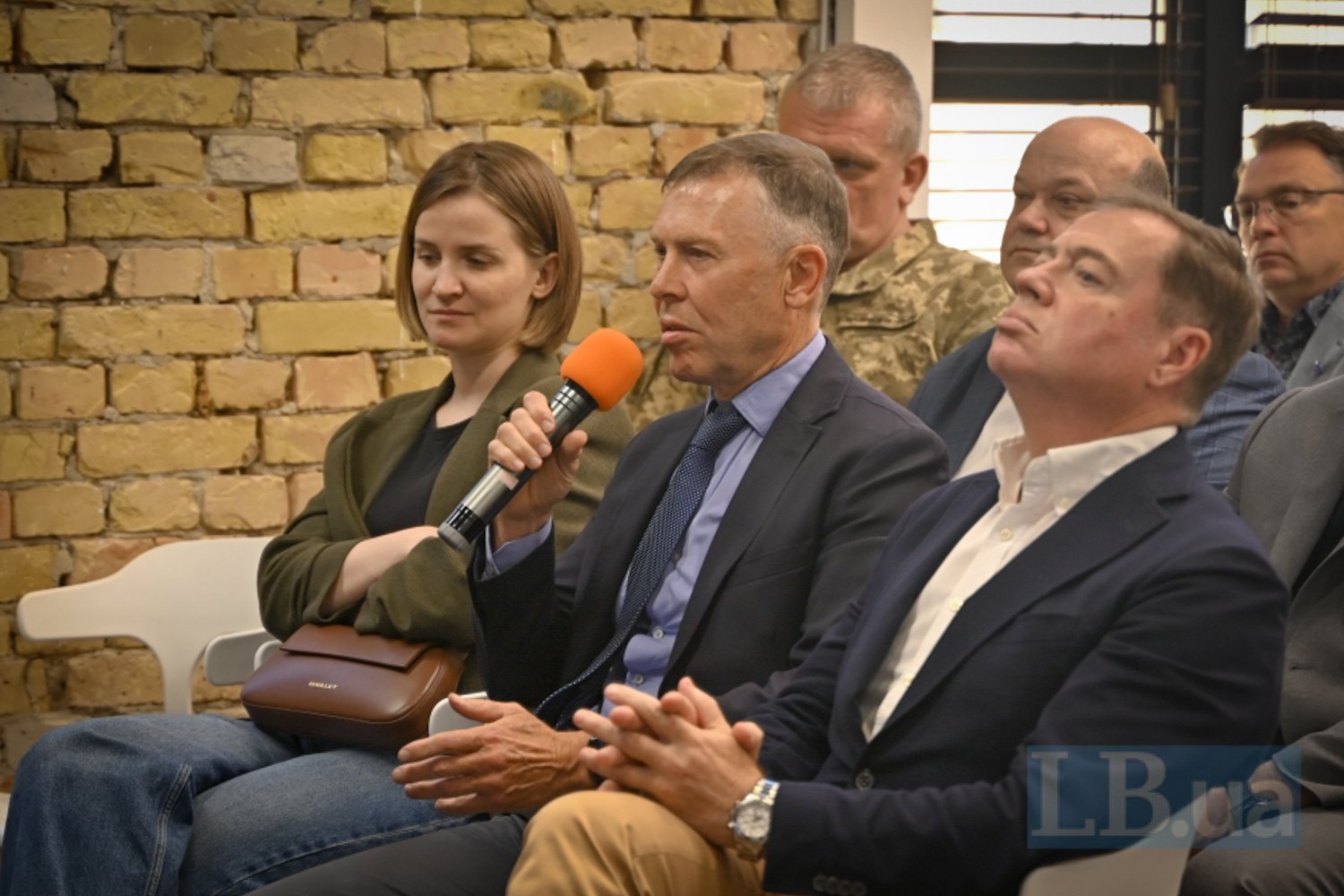
“In Nuremberg, you know, clear episodes related to the Molotov–Ribbentrop Pact were excluded at the insistence of the victorious Soviet Union, and it was impossible to raise or consider them at all. Similarly, after the collapse of the Soviet Union, no one raised the crimes committed by this regime either in the occupied territories or in the territory controlled by the Soviet Union,” Sobolev noted.
Impunity breeds recidivism, agrees human rights activist Maksym Butkevych. “Evil has continuity in time,” he emphasised. In 1938, his great–grandfather was executed – and 84 years later, they came for him.
“Those who interrogated us – at least some of them – consciously positioned themselves as descendants of the KGB, OGPU, NKVD and Cheka systems. It was the same system that sentenced my great–grandfather to death, and 84 years later, his great–grandson in a neighbouring Region of Ukraine also signed a confession to something he did not commit, and was sentenced to 13 years in a strict regime prison by the same machine,” said Maksym Butkevych, who was held captive for over two years.
Russia, he said, is actively seeking to dismantle international humanitarian law – systematically violating all Geneva Conventions in its treatment of prisoners of war.
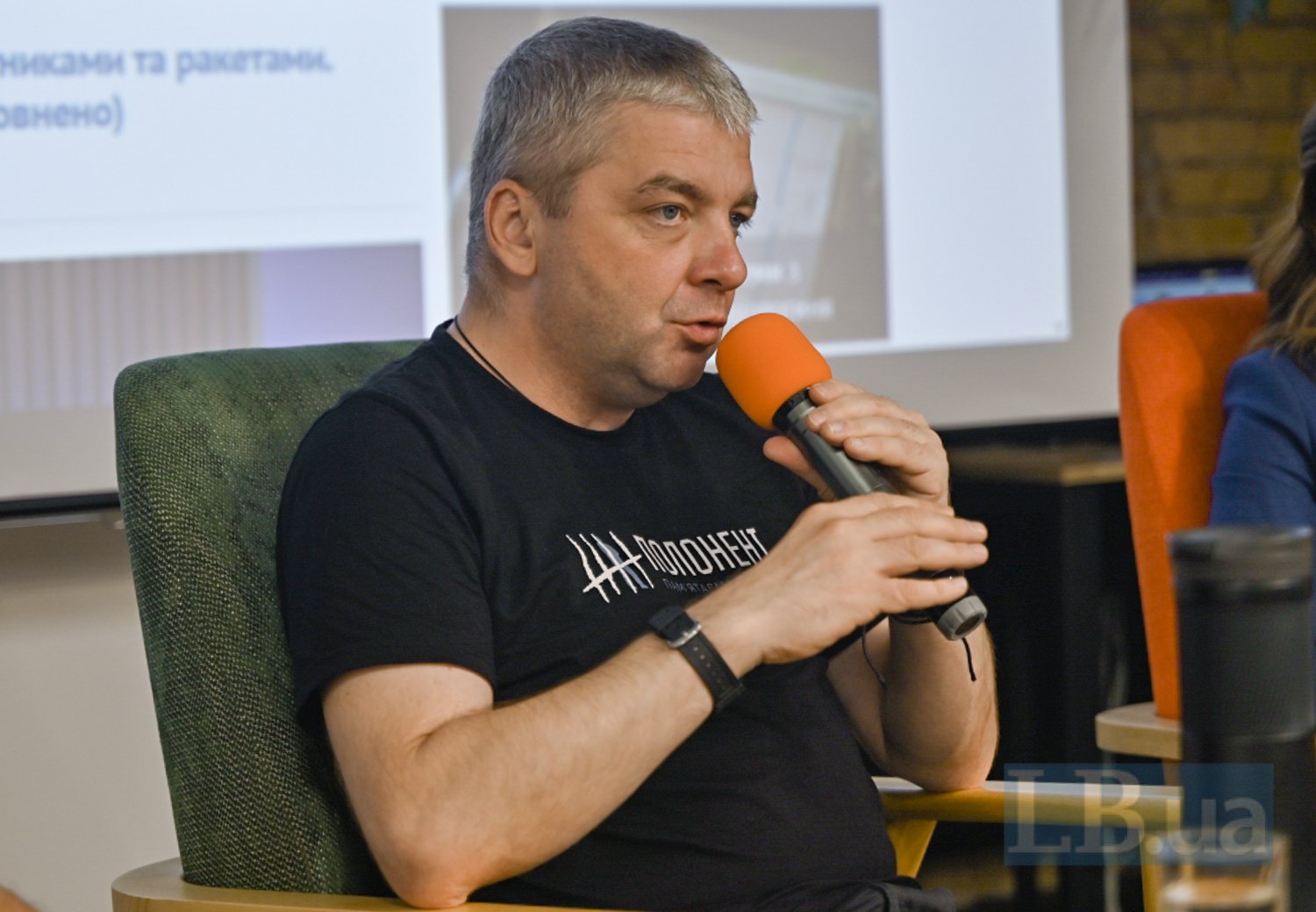
The tribunal is critically important for modern Ukraine – but no less so for future generations – believes businessman Ihor Liski, as the country is fighting not only for justice but also for its own historical narrative. In his view, the tribunal legitimises Ukraine’s actions and moral position, clearly defining who is the victim and who is the aggressor. It records and legally proves the crimes committed by representatives of the Russian Federation, restoring Ukrainians’ faith in justice.
Liski is also convinced that the tribunal will serve as a kind of vaccine against nationalist, revanchist and fascist tendencies.
“Evil that begins as a national idea – or ‘we can do it again’, or the notion that one nation is dominant, or that ‘our tanks are the fastest’ – exists in every country. But this fair, transparent, open, international process will be a vaccine for these European movements… It will be much more difficult for European politicians who want to hype up the idea of some kind of otherness or collusion with Putin to do so,” Liski stated.
According to Ukraine’s Ambassador to Israel, Yevhen Korniychuk, Russia destroyed international law back in 2014 when it brazenly attacked Ukraine and attempted to alter its borders.
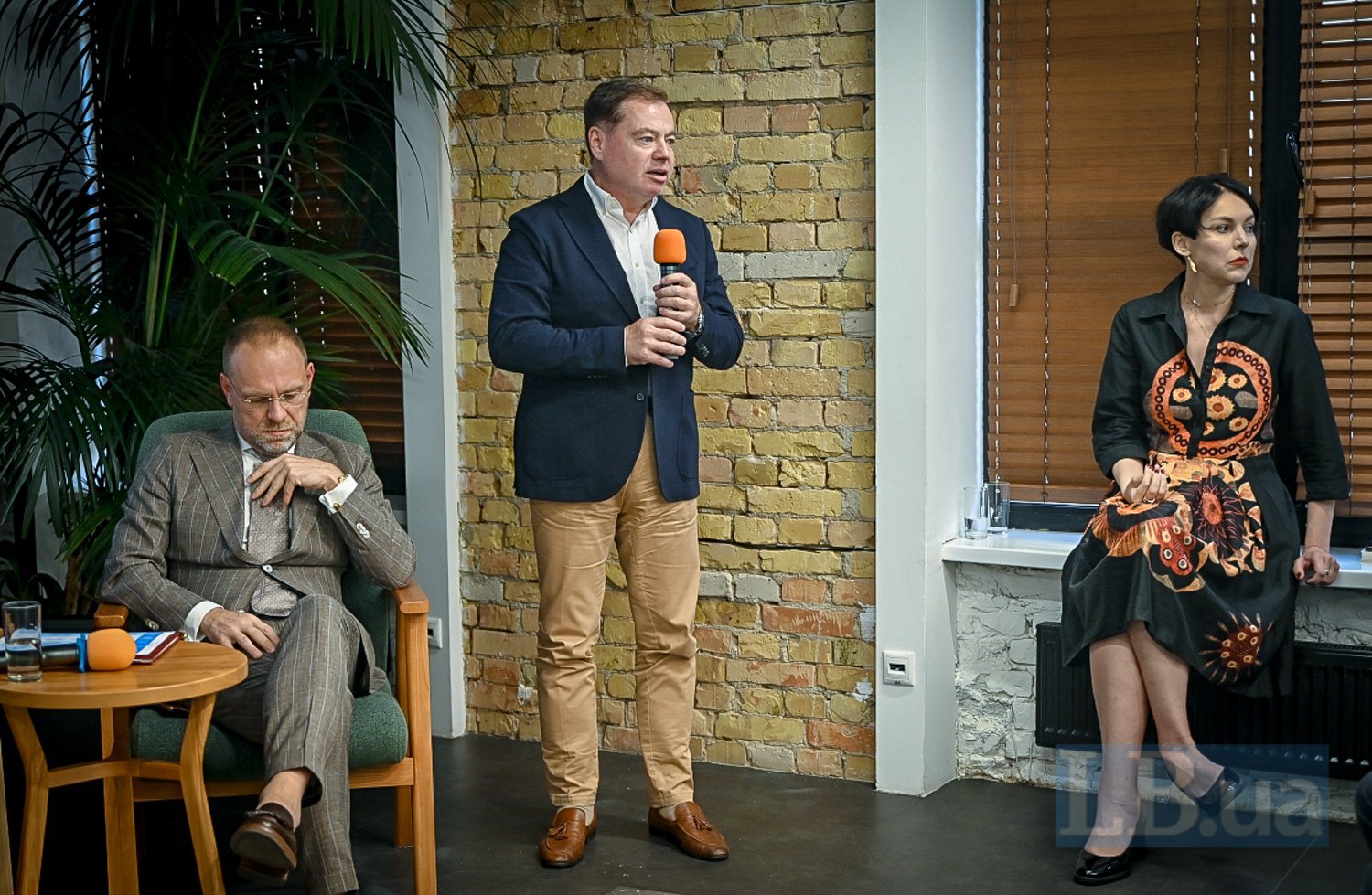
“The famous American gangster Al Capone said that a kind word works well, but even better – at gunpoint. And we find ourselves in a unique situation where, unfortunately, the United States is reconsidering its role as the world’s policeman and is refusing to uphold and strengthen international law,” Korniychuk noted.
That is why, according to MP Serhiy Vlasenko, a special tribunal for the crime of aggression should not only establish a mechanism for holding the aggressor accountable, but also lay the foundation for a new system of collective security on the European continent.
During the discussion, former MP and current military officer Ihor Shvayka noted that the diplomatic efforts of the Ukrainian government and the Office of the President help soldiers on the front line explain to one another what the civilian part of society is doing during the war.
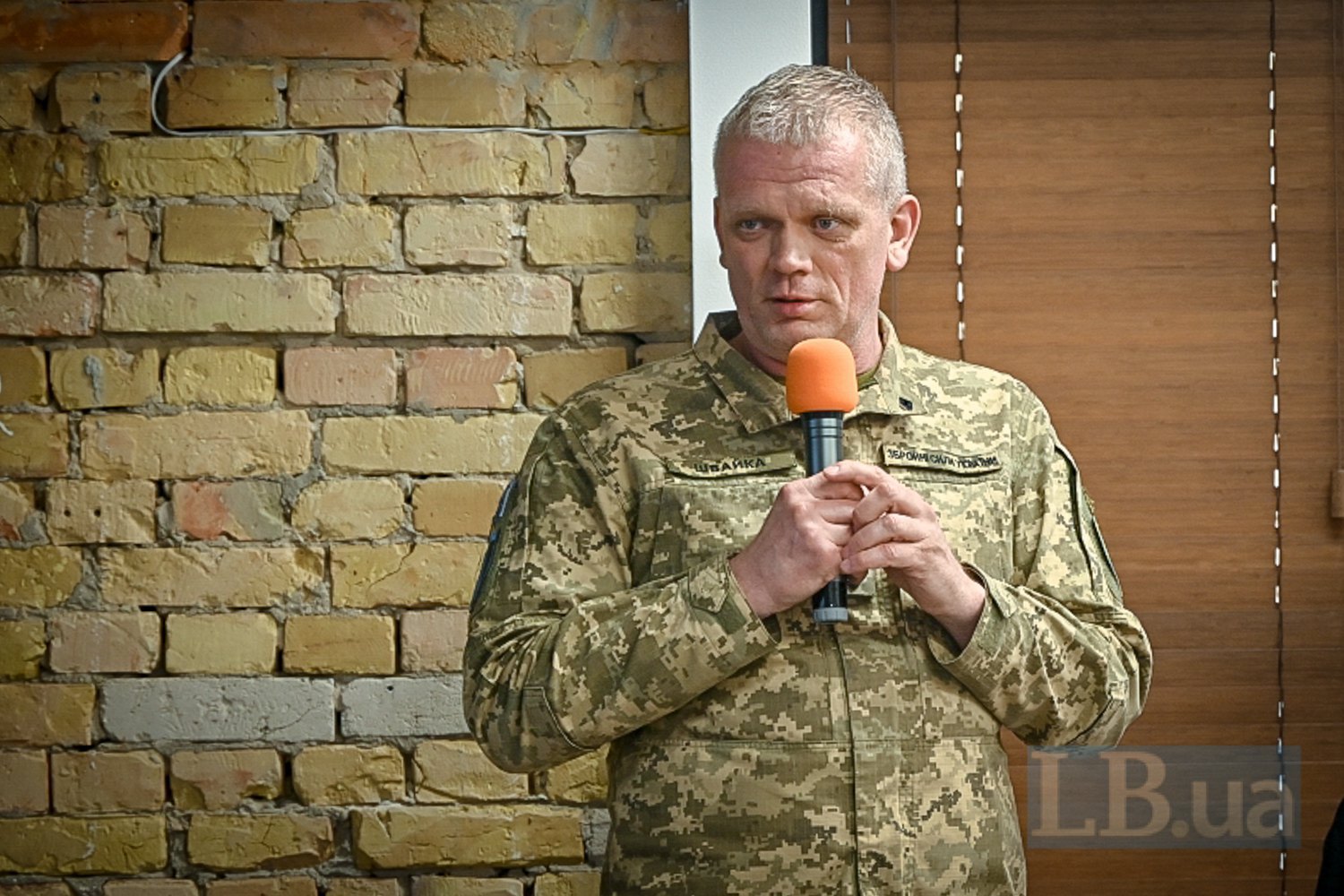
“One of the problems we constantly face is distinguishing between military and civilian components. It is a global issue – why civilians live civilian lives while military personnel are not replaced. Information about what you are doing will help us connect, unite and keep the civilian and military components together,” Shvayka emphasised, adding that more public communication is needed on Ukraine’s diplomatic initiatives.
“A common feature of all well–known tribunals in the world is that their work has resulted in a change in the consciousness of the aggressor’s society,” said Kseniya Smyrnova, Vice–Rector of Taras Shevchenko National University of Kyiv. She raised the question of whether the consciousness of Russian society could be transformed through lawful, fair, legitimate, transparent and universally comprehensible decisions.
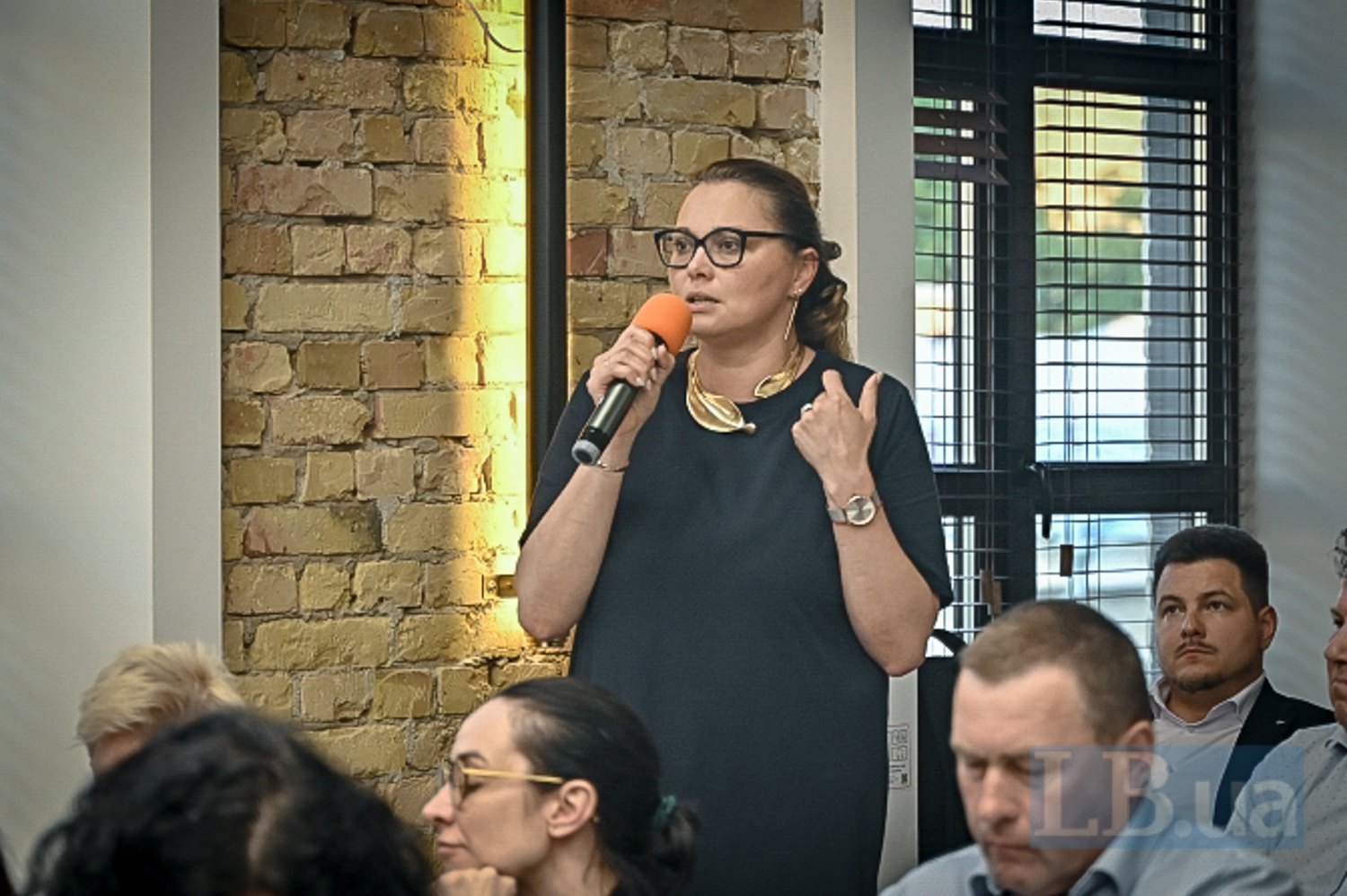
Deputy Head of the Presidential Administration Iryna Mudra reiterated that the special tribunal focuses on individual responsibility – not state responsibility. It is not about propagandists, without whose influence, as Maksym Butkevych previously noted, Russia would not have been so effective in its criminal actions; nor is it about the church or other institutions. Each of those areas, she noted, requires separate and continued work.
Video version of the discussion:








